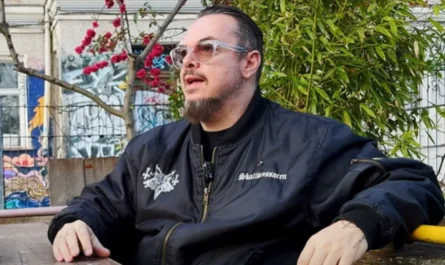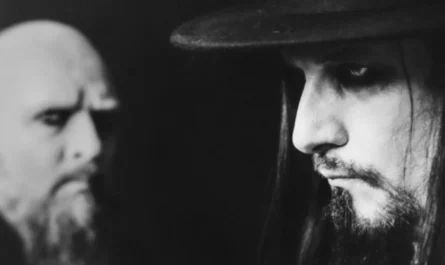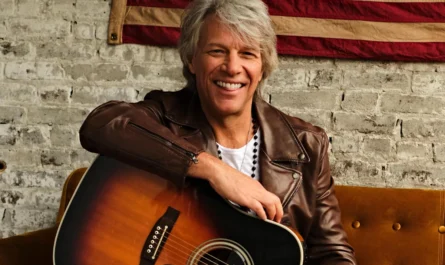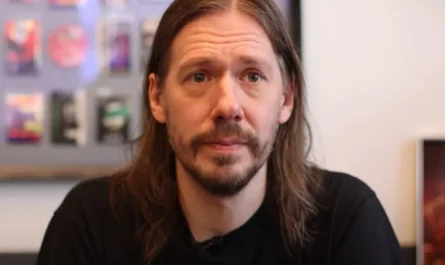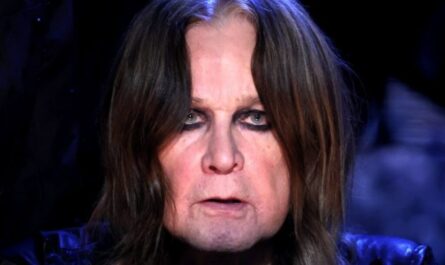Richard Nixon did a lot of damage to the United States, from needlessly extending military action in Vietnam to bugging the Oval Office, but one aspect of the “I am not a crook” crook’s presidency which is often overlooked is the fact that it nearly derailed the career of the funk master himself, James Brown.
Back in the America of the 1960s, with Nina Simone turning her attention from jazz to civil rights activism, Bob Dylan pleading for times to a-change and Marvin Gaye asking ‘What’s Going On’, musical expression went hand in hand with politics. College cities across the nation were practically bursting with acoustic guitar-strumming hippies denouncing the Vietnam War, and there was increasing pressure on prominent Black people in the arts to take a stand against the continued institutionalised racism inherent in American society.
Inevitably, that message soon found its way to the typically apolitical James Brown who, by that point, had been gyrating across funk and soul stages for upwards of a decade. Seemingly, though, Brown – perhaps through a haze of PCP and cocaine – didn’t quite grasp the idea of taking a political stand. Instead of joining arms with many of his musical comrades, dedicating himself to the fight for civil rights or the anti-war movement, Brown made the bizarre decision to instead endorse Richard Nixon’s presidential campaign.
On Nixon’s initial campaign trail in 1968, the Republican didn’t have to fight too hard for victory, what with the Democratic Party overshadowed by Vietnam-based infighting and the riots which surrounded the DNC that year. However, when it came to the Republicans’ re-election campaign in 1972, after bombing Cambodia and brushing the Kent State massacre under the rug, Nixon’s image was in need of a boost. Enter James Brown.
Brown’s influence over Black Americans at that time would be difficult to overstate, so much so that the Republican Party was able to see it. So, during that successful re-election campaign in 1972, the funk pioneer was invited along to the White House to meet with the president – despite Nixon’s recorded Oval Office plea of, “No more black stuff. No more blacks from now on. Just don’t bring ’em in here.”
To his credit, Brown used the meeting as a chance to advocate for a national holiday in celebration of Martin Luther King Jr’s birthday – something which didn’t actually come into force until 1986, well over a decade later. Mostly, though, Brown was simply used as a PR vehicle by the Republican Party, publicly endorsing Richard Nixon for re-election and alienating a core element of his audience in the process.
Regardless of Brown’s mentioning of Martin Luther King, Nixon was still the president responsible for escalating the war in Vietnam, sending the National Guard to shoot students at Kent State, and some of the most damaging geopolitical policies of the 20th century. As such, Brown’s predominantly Black audience were understandably furious over the musician bending over backwards to lend his support to this racist, warmongering tyrant.
Ultimately, Brown rescinded his support for Nixon following the Watergate scandal, penning the admittedly forgettable ‘You Can Have Watergate Just Gimme Some Bucks And l’ll Be Straight,’ in 1973, but the damage was already done. James Brown had sold out his audience for a dinner date at the White House, and for many people, he could never escape that image of being a political sell-out.

